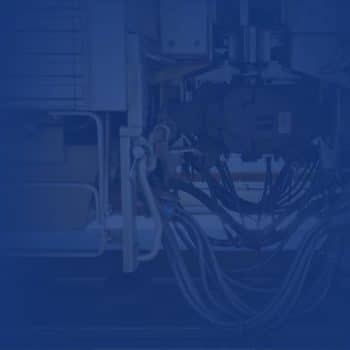
FRA Withdraws Proposed Rule Making Mandating Two-Person Train Crew and Expresses FRA Intent That State Laws Are Preempted
- On May 29, 2019
On May 23, 2019 FRA issued its long awaited ruling on its review of train crew staffing requirements by formally withdrawing its March 15, 2016 Notice of Proposed Rule Making (“NPRM”) concerning train crew staffing. The 2016 NPRM on train crew staffing arose out of two rail accidents in 2013 (Lac-Mégantic, Quebec and Casselton, North Dakota) and the rail industry’s investigation to address rail safety issues highlighted by those accidents, which included FRA’s investigation appropriate train crew size. In withdrawing the NPRM regarding train crew size, FRA stated, it “is providing notice of its affirmative decision that no regulation of train crew staffing is necessary or appropriate for railroad operations to be conducted safely at this time.” Further, FRA concluded that after performing extensive research including outreach to industry stakeholders and the general public, FRA “cannot provide reliable or conclusive statistical data to suggest whether one-person crew operations are generally safer or less safe that multiple person crew operations” to any greater extent that it could when it issued the NPRM in 2016.
FRA categorized the data supporting its decision not to regulate train crew size into the following five topic areas: 1.) lack of direct safety connection between train crew staffing and the Lac-Mégantic or Casselton accidents; 2.) rail safety data does not support a train crew staffing rulemaking; 3.) comments to the NPRM do not support a train crew staffing rulemaking; 4.) a train crew staffing rule would unnecessarily impede the future of rail innovation and automation; 5.) FRA’s withdrawal is an affirmative decision not to regulate with the intention to preempt state laws.
In concluding that its withdrawal of the NPRM, FRA intends to preempt all state laws attempting to regulate rain crew staffing in any manner, FRA noted that it believes that its withdrawal should immediately affect the nine states which currently have laws in place regulating crew size: California, West Virginia, Wisconsin, Arizona, Ohio, Oregon, Massachusetts, New Jersey and Washington and the estimated 30 states currently considering these types of laws. In concluding its withdrawal notice, FRA explicitly stated that because it does not believe any regulation of train staffing is appropriate, it “intends to negatively preempt any state laws concerning that subject matter.”
FRA’s recent withdrawal is likely to set in motion action by the railroads to declare all states with laws mandating two person crews preempted. Likewise, legal actions from opponents to the withdrawal of the NPRM are suggesting their own challenges to the FRA’s ruling and/or attempts to preempt such state laws. Just days after the withdrawal, on May 28, 2019, a national legislative director of SMART Transportation Division, an AFL – CIO affiliated union which represents rail workers, stated, “the announcement will hurt safety, particularly because it preempts state laws on crew sizes . . .” The representative stated that the union is considering legal action in response.
Link to the full text of the FRA decision can be found at https://www.fra.dot.gov/eLib/details/L20134#p1_z5_gD
Contact Audrey Brodrick with questions. abrodrick@fletcher-sippel.com; 312-252-1518




